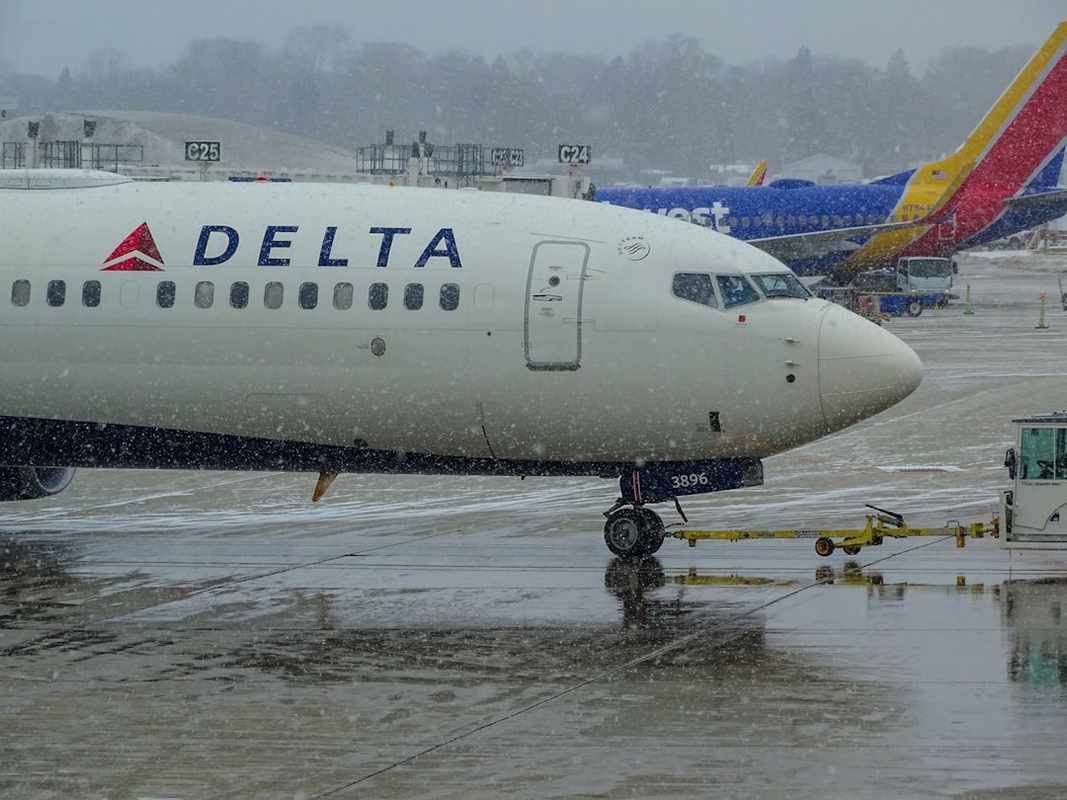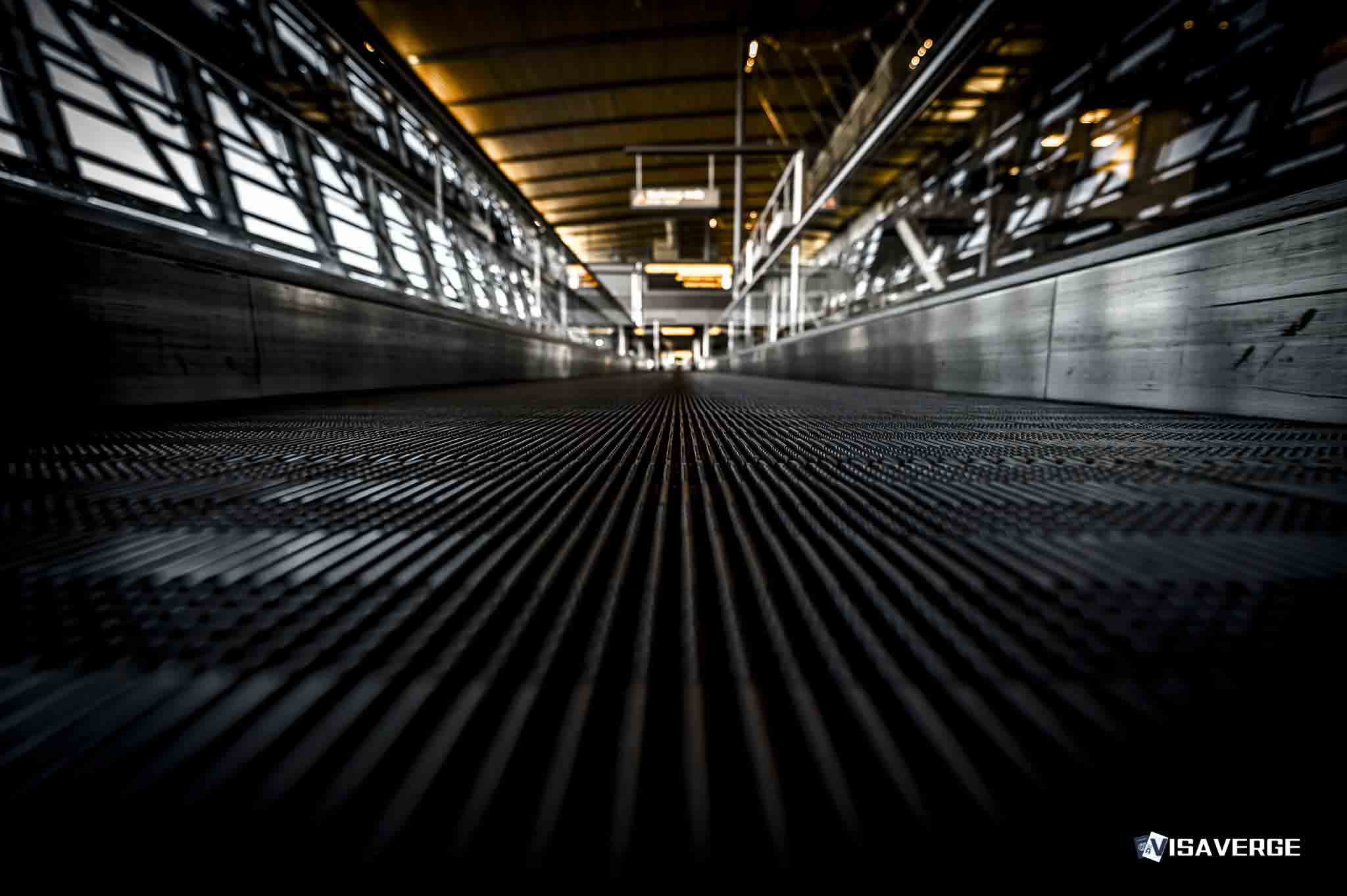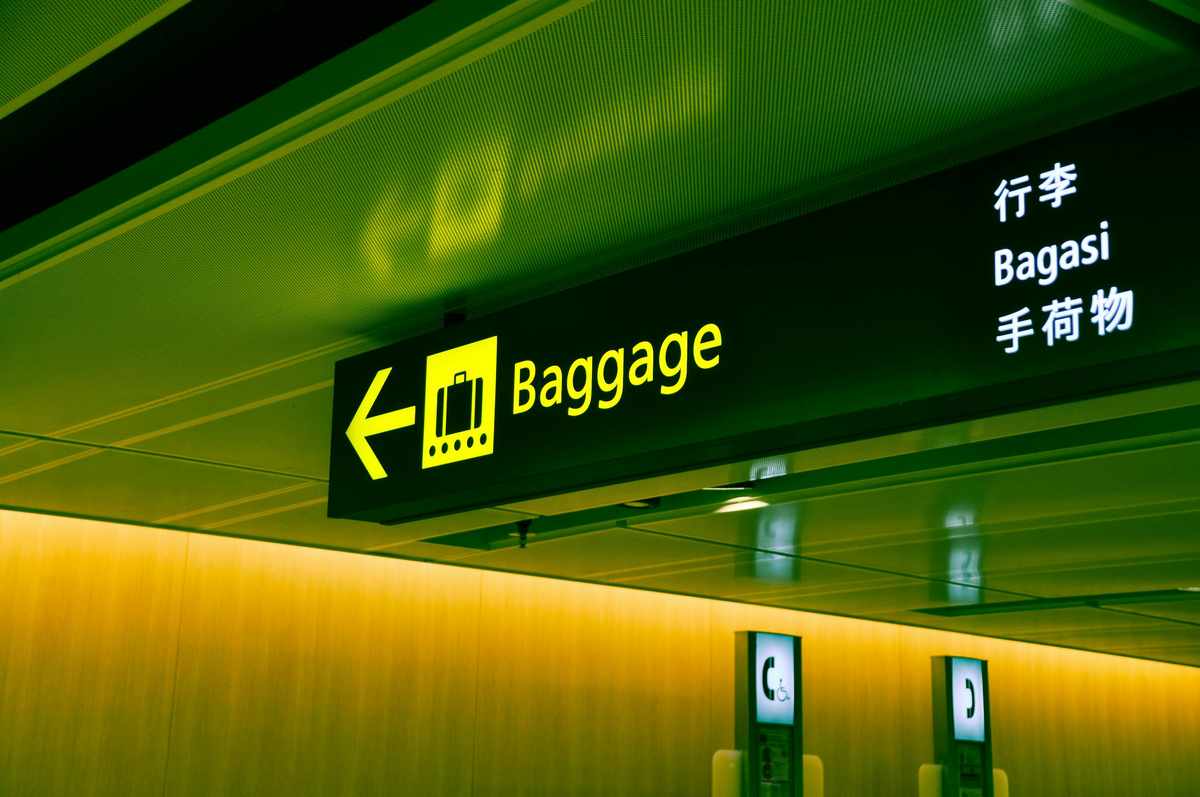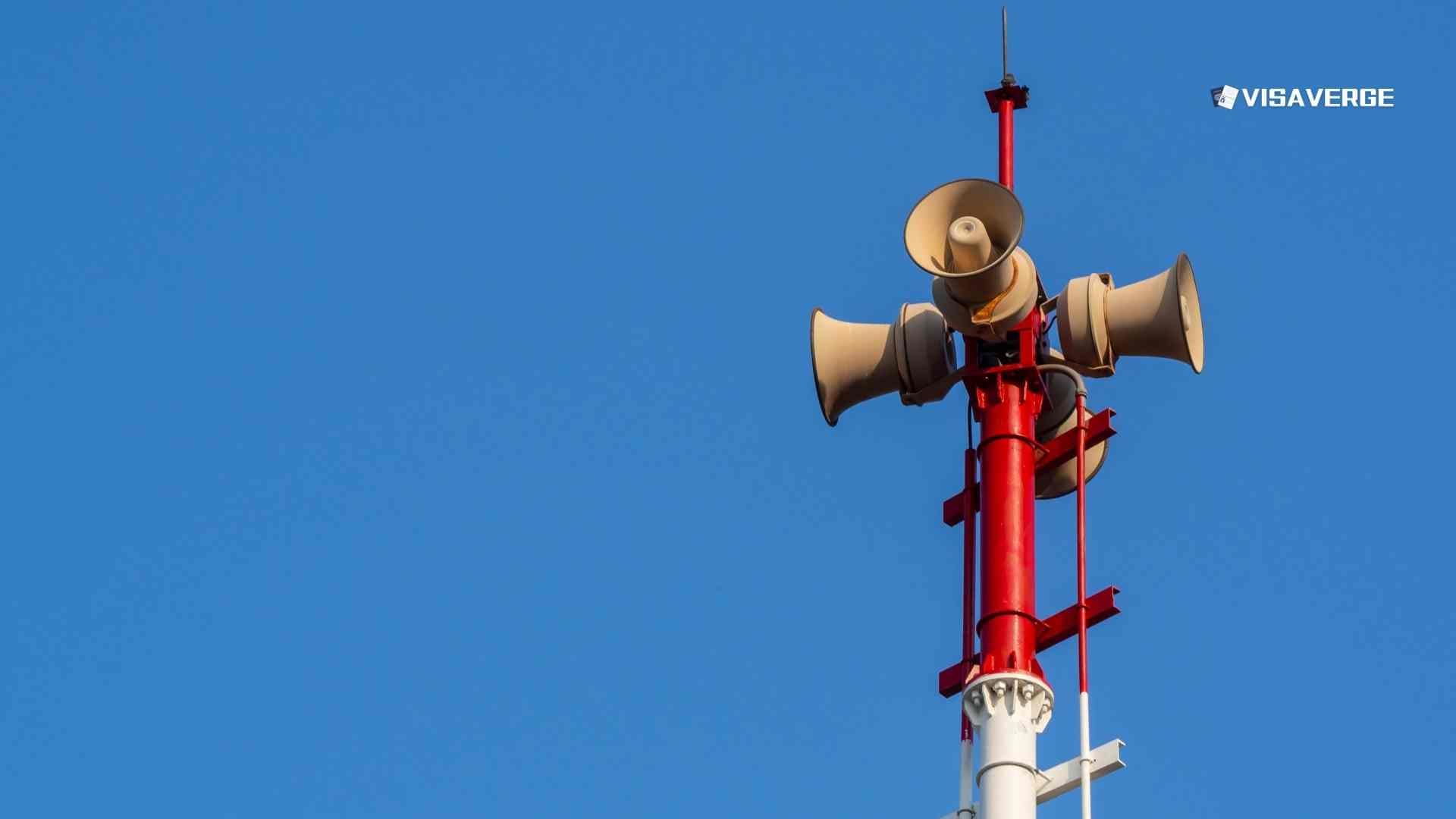Key Takeaways
• Delta cancelled Minneapolis-Amsterdam flight on May 13, 2025, due to expired onboard catering after APU mechanical delay.
• Aviation regulations require safe meal service on long-haul international flights; skipping meals violates FAA and ICAO standards.
• Passengers faced missed connections, lost bookings, and frustration; airlines prioritize food safety to prevent legal, operational, and health risks.
Delta’s sudden cancellation of its Minneapolis to Amsterdam flight on May 13, 2025, highlights the deep ties between safety, airline regulations, and passenger experience in international travel. The decision, made by Delta Air Lines, was driven not by a headline-grabbing technical failure, but by something that may seem simple at first glance—a food safety issue. This news has created a ripple effect among travelers, staff, and the broader aviation world, showing just how serious standards and rules around long flights have become.
Understanding what happened, why Delta acted as it did, and what it means for the future of flying gives valuable insight for travelers, airline employees, and anyone interested in modern air travel rules. As reported by VisaVerge.com, even seemingly small items such as onboard catering can have major consequences for international flights, which are tightly governed by both domestic and international aviation standards.

What Led to the Minneapolis to Amsterdam Flight Cancellation?
On May 13, passengers on Delta’s Minneapolis to Amsterdam flight experienced hours of uncertainty. Their journey began with a mechanical problem before they had even left Minneapolis–St. Paul International Airport. The fault lay with the aircraft’s auxiliary power unit (APU)—a small, but vital engine that powers systems like air conditioning and electricity while the plane is on the ground. While fixing an APU isn’t rare in the airline world, the delay created a chain of events that no one could have foreseen would cancel an entire international journey.
While passengers waited inside the plane, the hours ticked by. During this time, the meal trays that had been loaded in advance now passed their safe consumption time. Airplane meals, sealed and stored to exact safety standards, have strict expiry windows meant to protect travelers. If these time windows pass, the chances of harmful bacteria or spoiled ingredients go up. For this Delta flight, the delay was so long that the airline, at about 2:00 AM, decided it could no longer guarantee the safety of the food on board. With airport food suppliers already closed, restocking was not an option.
Delta cited “compromised catering” due to the food safety concern as the reason for their final decision. The airline followed strict safety rules rather than taking risks with people’s health.
Why Are Meals So Important on Long-Haul Flights?
Some travelers, frustrated after hours of waiting, asked why Delta could not just make the trip without meals. The answer lies in international aviation rules. On flights that cross oceans or last many hours—such as the Minneapolis to Amsterdam flight—providing food is not just about comfort, but a requirement set by both national and international aviation authorities.
Flying without meals on board, especially at night when airport food options are closed, would not just leave people hungry. It would break rules designed to keep travelers safe and healthy. These rules exist because without food and proper hydration, travelers are at greater risk of health problems, especially on flights lasting over eight hours. In other words, the airline’s hands are tied; skipping inflight meal service could result in penalties or even revocation of operating permissions for future international flights.
The Immediate Impact on Passengers
The cancelled Minneapolis to Amsterdam flight brought real-world problems for hundreds of passengers. Most notably:
- Missed onward flights in Amsterdam, which is a major hub for connecting to both European and worldwide destinations.
- Lost hotel bookings, pre-arranged tours, and even cruises, especially for travelers with non-refundable reservations.
- Business travelers missed important appointments, meetings, or conferences.
- Many people faced hours of confusion due to repeated gate changes and a lack of timely updates before the cancellation was announced.
This kind of disruption often causes not only financial loss but also stress, frustration, and uncertainty for all those involved.
The Growing Focus on Food Safety in Airline Catering
The Delta food safety issue was not an isolated event. Similar problems have happened before, drawing increased attention to what goes into planning, preparing, and serving food on planes. Earlier in 2024, Delta dealt with two transatlantic flights from Detroit where spoiled food forced emergency diversions and medical checks for passengers who fell ill during the journey. After those incidents, the global airline industry has been paying even closer attention to food safety.
Food poisoning carries risks—including severe illness and, in rare cases, death—especially in a crowded environment where medical help is hours away. For this reason, airline catering companies follow strict rules, like rapid cooling, time controls, and careful tracking of every food item. If those standards can’t be met, airlines have little choice but to delay or cancel flights.
As word of the Minneapolis to Amsterdam flight cancellation spread, it became clear that carriers like Delta would rather face the cost and inconvenience of cancelling a high-revenue long-haul trip than risk a food safety incident in mid-flight.
How Airlines Respond to Food Safety Problems
Delta’s decision points to a broader trend. After the Detroit incidents in 2024, airlines across the industry, especially in the United States 🇺🇸 and Europe 🇪🇺, have updated their rules to:
- Remove or replace onboard food suspected to be past its safe time limit.
- Conduct random food safety checks on inbound and outbound meal shipments.
- Train flight and ground crew to recognize any visible changes in food packaging or temperature.
- Work more closely with airport caterers to prevent future slip-ups.
For travelers, this means more reliable meals most of the time, but also a greater chance that a single problem—like a late shipment or delayed flight—will trigger a cancellation if a safe replacement meal cannot be found quickly.
Regulatory Landscape: Why the Rules Must Be Followed
Some may wonder, “Why not just let passengers sign something saying they’ll fly without a meal?” or “Could passengers be offered a snack or voucher instead?” The answer goes back to airline safety and health requirements set out by the US Federal Aviation Administration (FAA) and its international counterpart, the International Civil Aviation Organization (ICAO).
The rules apply to flights over certain distances or durations—almost always including Minneapolis to Amsterdam. The FAA guidelines, which you can read at their official Consumer Protection page, explain in clear terms that proper food and water must be provided on long international flights. Breaking these rules can endanger a carrier’s right to fly such routes in the future, and airlines risk big fines or public backlash if food safety is ever ignored.
So even if travelers might be willing to “risk it” themselves, airlines cannot give them the choice—liability and safety come first.
The Business Cost of Cancellations
For Delta and other airlines, canceling a flight from Minneapolis to Amsterdam is not a choice made lightly. The Minneapolis to Amsterdam route often runs at high capacity, and losing a full plane’s revenue—plus the costs of hotels for stranded passengers, compensation, and extra staff time—can result in heavy losses.
Beyond money, airlines must protect their brand’s reputation. News of food safety failures can spread quickly, doing more damage than even a mechanical delay. That is why, in times of doubt, most major carriers now side with caution.
How Passengers Are Usually Assisted After Major Cancellations
When Delta canceled the Minneapolis to Amsterdam flight, it set into motion a range of support services. This normally includes:
- Rebooking affected travelers on the next available transatlantic flights, sometimes with other airlines if needed.
- Providing hotel accommodations, meal vouchers, and ground transportation for stranded passengers.
- Offering refunds for tickets and covering needed expenses, depending on the situation and local laws.
- Giving updates through text and email, though as some travelers pointed out, these are not always as quick or coordinated as people would hope.
Each country, including the Netherlands 🇳🇱 and United States 🇺🇸, has its own rules about passenger rights in such situations. European Union flight delay and cancellation rules are especially strict: travelers in Amsterdam may receive compensation based on how late they reach their final destinations.
What This Means for Future International Travel
The Minneapolis to Amsterdam flight cancellation over food safety reflects several larger trends:
- Airlines are now under greater pressure than ever to prevent food-related illnesses. Incidents that may have once brought a simple apology now lead to widespread reviews of safety checks.
- Delays that would once have ended with a midnight departure can turn into full cancellations if the food supplied is no longer safe to serve.
- Travelers may see more scrutiny of meal service, as well as shorter windows for boarding and tighter rules about what can be brought on board from outside vendors.
For frequent international travelers, being aware of the rules around food safety might not guarantee a smoother journey, but it can explain why airlines make some of the decisions they do—especially when those decisions seem inconvenient or overly cautious.
Steps for Travelers to Minimize Disruption
While you can’t control airline delays or catering mishaps, a few tips can help reduce the pain if you’re on a long-haul flight like Minneapolis to Amsterdam:
- Whenever possible, choose flights earlier in the day. Delays are less likely to result in full cancellations overnight when airport catering is already closed.
- Keep important items—like medications or key documents—in your carry-on, so you’re prepared if you have to unexpectedly leave the plane and stay overnight.
- Sign up for airline alerts and monitor your flight’s status regularly.
- Know your rights. For US travelers flying to Europe, understanding EU and US air passenger compensation laws can help you claim expenses or refunds.
Recap: Why This Cancellation Matters
To sum up, Delta’s choice to cancel the Minneapolis to Amsterdam flight on May 13, 2025, stemmed from an unplanned mechanical issue followed by a food safety concern. While it may have seemed like a minor problem, the inability to replace expired meals forced Delta’s hand. The issue led to disrupted plans for every passenger on board and provided a powerful lesson in just how strictly airlines now treat food safety rules on long journeys.
The episode has given new importance to behind-the-scenes steps taken by every airline, making it clear that safety—whether mechanical or related to food—is now handled with even greater care. Food safety has changed from being a worry only for caterers or health officials to a top reason for grounding a flight, especially for international routes that matter to both business and leisure travelers.
For up-to-date information on travel policies, advisories, and food safety concerns, travelers can always check Delta’s Current Advisories page.
By making safety the top concern, Delta and similar carriers hope to avoid incidents that would be far worse than a single night’s delay. For travelers, understanding the reasons for such decisions may not take away the sting of disrupted plans, but it highlights how much goes into running a safe, legal, and dependable global airline network.
Learn Today
Auxiliary Power Unit (APU) → A secondary engine on aircraft that supplies electrical power and air conditioning when main engines are off, crucial during ground delays.
FAA (Federal Aviation Administration) → The US agency regulating airline safety, including requirements for food and water services on long international flights.
Catering → The supply and management of meals and beverages for airline flights, governed by strict safety, temperature, and storage rules.
International Civil Aviation Organization (ICAO) → A United Nations agency that establishes global standards and regulations for aviation, including food safety on long-haul flights.
Transatlantic Flight → A flight crossing the Atlantic Ocean, generally involving stricter rules for catering, safety, and passenger health protection.
This Article in a Nutshell
Delta’s Minneapolis to Amsterdam flight cancellation on May 13, 2025, shows how food safety is now pivotal in international travel. Regulatory rules require adequate onboard meals. After a mechanical delay, expired catering forced Delta to cancel, prioritizing passenger safety and regulatory compliance over convenience or cost. Travelers felt immediate disruptions.
— By VisaVerge.com
Read more:
• KLM Boeing 777 returns to Amsterdam Schiphol Airport after engine fire
• KLM grounds Boeing 787 jets at Amsterdam Airport Schiphol over maintenance issue
• Foreign Office Advisory for UK Tourists Visiting Amsterdam
• WestJet expands Air France codeshare, boosting Europe travel options
• JetBlue Unveils Wild Dunkin’-Themed Plane in Boston













